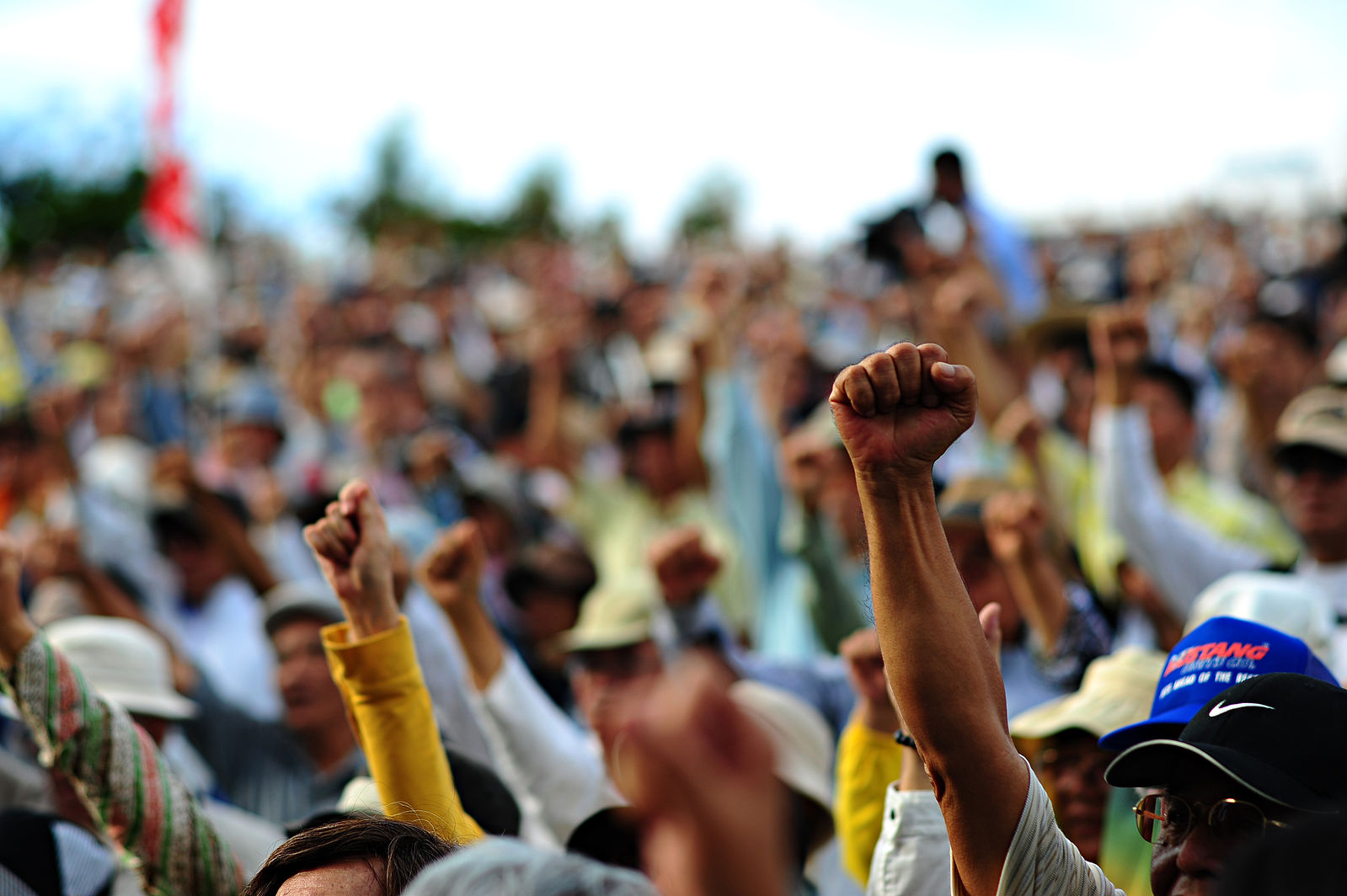We have all seen people who have gotten in too deep for a cause. We witness the woman in an alleyway digging bottles out of other people’s trash for recycling. We miss the friend who now refuses to go on the Sunday shopping trip anymore because the fast fashion industry perpetuates dangerous labor practices. Many of us even have a sibling who is boycotting the entire family vacation to Florida because it might include a day trip to Sea World.
These are the poor souls who have become consumed by an addiction to activism. This disease forces them to make more and more dramatic alterations to their lives. Every conversation, every outing and every class assignment has to somehow link back to factory farming or the prison industrial complex. Granted, both these and many other problems cause incomprehensible damage to society, but there is more to life than campaigning to ban antibiotics use and boycotting Chick-fil-A.
Now, reading this may leave you with a burning self-consciousness. It is the same one you get when your friends chastise LARPers and you secretly have, not one, but three custom suits of armor in your closet (not that I speak from personal experience). You might be wondering if you too have come down with a bad case of the “cares.” But you are in luck. I have created a helpful quiz, as any properly oversimplified blog, magazine spread, or BuzzFeed article should. Here are a few questions that will fit the entirety of your existence into a neat little box and then provide the total solution to all your problems. And it takes less than a minute! So ask yourself these questions and no cheating:
– Have you started to do activism alone, especially on heated internet forums?
– Have you stopped doing something you once dearly loved because it now overwhelms you with guilt?
– Are more than half of your social media posts just links to “eye-opening” NPR articles?
– Has it gotten to the point that your friends just keep talking over you when you bring up the latest news concerning your cause?
– Have parties and other “trivial” activities that aren’t related to your cause started to lose the appeal they once had?
– Do you feel compelled to correct ignorant people, even when this effort is clearly futile?
– Do you use the words “intersectionality,” “nuclear proliferation,” or “institutionalized racism” more than five times a day?
– Do you own enough t-shirts from fundraising events that you can neglect doing laundry for at least a month?
– Do you know what an aggregated microaggression is?
Let’s make an arbitrary cutoff like the editors of the Diagnostic and Statistical Manual of Mental Disorders and say that if you answered positively to at least half of these questions, then you are probably have a case of hyper-activism. It is time to get help. With the right treatment, you may finally be able to eat fast food again and stop burning all of your bras. You can never completely recover from your activism, but you still have hope of being more apathetic like the rest of us. Detachment is the healthy norm and it has worked for our society so far. It’s not like the sea levels are rising, part of the population lives in constant fear of police brutality, or that everything you could conceivably ingest these days will give you cancer.
It is time to get help. With the right treatment, you may finally be able to eat fast food again and stop burning all of your bras.
You may tell yourself that the rest of us are just deeply envious of your passion or uncomfortable with our own lack of involvement. Do I wish I cared enough about something that I would forego a hot shower for it, but I don’t because I am painfully lacking a sense of purpose in my life? Of course not! That is your disease talking. It is time to take your prescribed chill pill and cure your caring.


This is incredibly problematic. Compartmentalizing what you believe from how you act is holistically hypocritical. If you believe that child labor is wrong, you follow through by paying close attention to where your clothes come from. If you believe that rape is wrong, you follow through by being an active bystander, calling people out for rape culture, and not spending your hard earned dollars on corporations or institutions that perpetuate the epidemic. That’s not an ‘addiction’ – that’s casting a vote for the world you want to live in with every dollar you spend. I can’t change the world, but I can make sure I’m not part of the problem. Consumerism is the best form of activism. I resent the horrible characterizations on those grounds, and on the grounds of how it by extension diminishes very real addictions. These are biochemical diseases that affect people in your life; think twice before throwing that term around haphazardly and ridiculously.